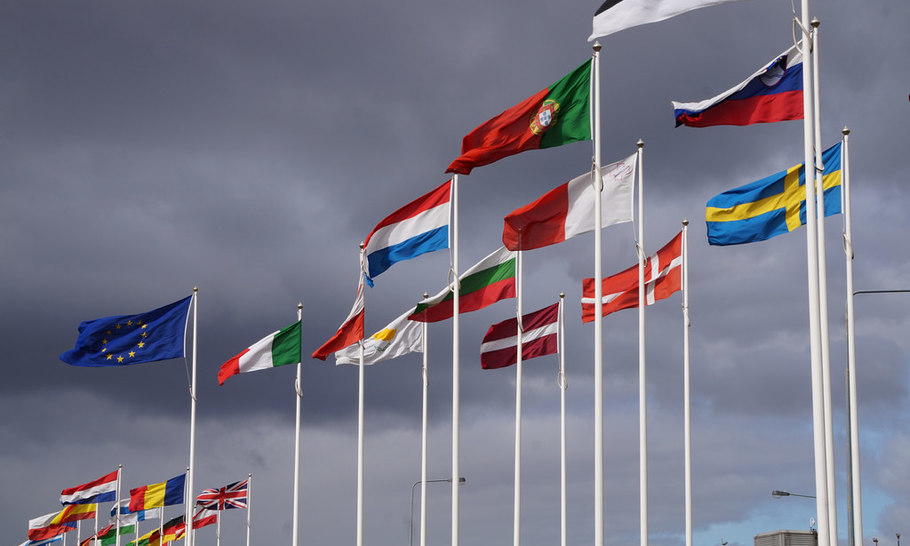It's not just UK politicians who are objecting to the Withdrawal Agreement

The draft Withdrawal Agreement between the UK and the EU has come in for a bit of a beating in the UK. Several ministers have resigned over it, including Brexit Secretary Dominic Raab, and there have been renewed concerns that it will not pass through parliament.
But the deal has also been criticised abroad. Over the past week, a number of European states have argued that it does not go far enough in securing their economic or political interests. This has inspired doubts over EU cohesion in advance of Sunday’s emergency summit, when negotiators hope the deal will be formally approved by member states.
One of the key objections to the Withdrawal Agreement concerns the “backstop”, the insurance policy designed to avoid a hard border between Northern Ireland and the Republic of Ireland. Under current proposals, if a UK-EU trade deal is not secured in the future, the whole of the UK would be kept in a customs union with the EU, with a deeper level of alignment with EU rules for Northern Ireland.
Neither side wishes to activate the backstop, but it has still been controversial in Europe. Several EU diplomats have raised concerns that the backstop would place the UK in a customs union but would not compel it to align with the EU on its obligations, such as environmental and social standards. France and Germany have been particularly active in warning that this could give the UK a competitive advantage, undermining the “level playing-field” provisions of the European single market.
Another set of concerns revolves around fishing. Many EU states can currently fish in UK waters under EU-enforced quotas, but the UK intends to gain unilateral jurisdiction over these waters after Brexit. A group of nations led by France, which includes the Netherlands, Spain, Portugal, and Denmark, has objected to the fact that the Withdrawal Agreement does not clearly commit to safeguarding their access to UK waters after the end of the transition period. Indeed, some member states had wanted their fishermen’s access to be a condition of granting the UK-wide backstop.
Spain has also criticised the deal over its protocol on Gibraltar. Article 184 commits the EU and the UK to negotiations on a future trading relationship in good faith. But Spain has argued that Gibraltar is not part of the UK, and should not be part of Brexit negotiations unless the Spanish government is given a say. Unless this is made clear in the Withdrawal Agreement, Prime Minister Pedro Sanchez has said that Spain will vote against it.
Critics of the Withdrawal Agreement can take some small comfort from the UK-EU political declaration, leaked on Thursday, which outlines the basis of future trade negotiations. The declaration opens the door to a technological solution to the Irish border problem, possibly obviating the need for a backstop. Moreover, it commits to making a deal on fishing rights by July 2020. But this is not a legally binding text, and will fall short of the legal assurances that European states had wanted. What’s more, the political declaration contains no reference to Gibraltar, which will certainly anger Spain.
In response to this discontent, several senior European leaders have stressed that the Withdrawal Agreement cannot be altered. German Chancellor Angela Merkel has said that there is “no question” of this happening, and this week even threatened to pull out of Sunday’s summit unless the deal remained unchanged. Merkel and others recognise that reopening negotiations could inspire Britain to demand more concessions, which could lead to further political instability.
The deal will probably still pass on Sunday. It only requires a qualified majority of member states to vote in favour, and only Spain has said it will vote against. But the EU is anxious to demonstrate its unity at a time when it is being severely tested – not just by Brexit, but by the rise of populist movements across the continent.
This desire for unity, however, has not prevented shows of discontent. Indeed, if the Withdrawal Agreement goes unchanged, we may see increasing friction between the UK and the EU 27 as part of trade negotiations in the coming years – all assuming, of course, that Theresa May gets a deal through the UK parliament.




